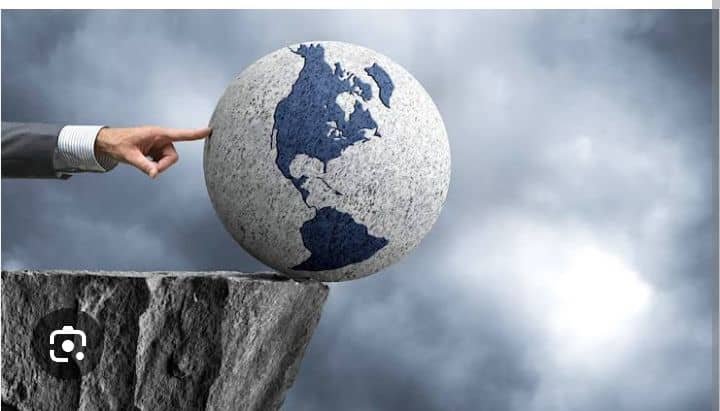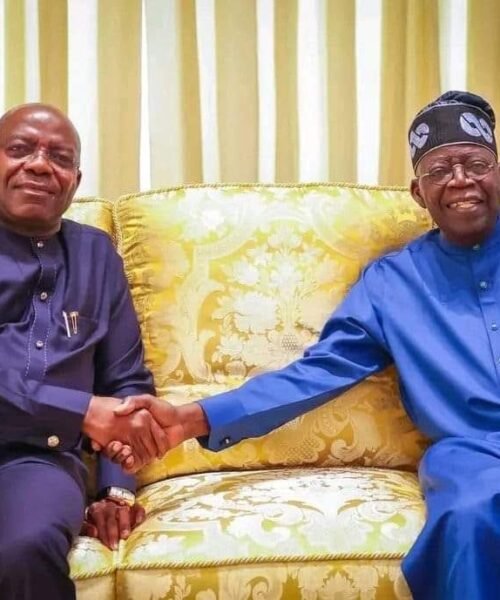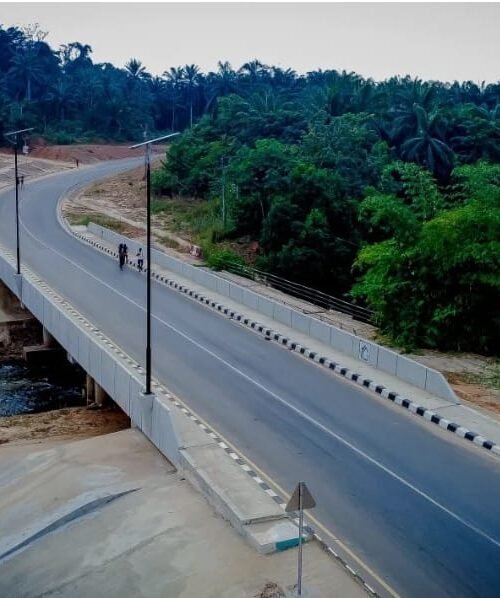Silent Coups: How Odious Pacts Weaponize Illegal Debts and Strangulating Treaties Against Postcolonial Sovereignty
The phenomenon of illegal national debts—financial obligations incurred through corrupt practices, coercive loan agreements, or violations of sovereignty—has emerged as a critical mechanism of economic subjugation, particularly in postcolonial states. The Sahel region, encompassing nations such as Mali, Niger, and Burkina Faso, epitomizes the catastrophic consequences of such debts, which have systematically undermined development, exacerbated poverty, and destabilized political systems. Historically, these debts often originate from odious contracts imposed during colonial rule or post-independence eras, where external powers and multilateral institutions exploited fragile governance structures to enforce predatory lending terms. For instance, structural adjustment programs (SAPs) mandated by the International Monetary Fund (IMF) in the 1980s and 1990s compelled Sahelian governments to privatize public assets and slash social spending, diverting scarce resources toward debt servicing rather than poverty alleviation. Statistics reveal the grim reality: Niger allocates over 25% of its annual revenue to debt repayment, while Mali’s external debt surged to 45% of GDP in 2023, stifling investments in healthcare and education despite enduring humanitarian crises.

Nigeria’s entanglement with this predatory system offers a harrowing parallel. Despite its vast oil wealth, the country remains shackled by odious debts rooted in colonial-era imbalances and post-independence kleptocracy. Following independence in 1960, Nigeria inherited a British-imposed fiscal framework prioritizing resource extraction over development—a legacy compounded by military dictatorships (1966–1999) that colluded with foreign creditors to secure loans for politically motivated projects. General Sani Abacha’s regime (1993–1998), notorious for embezzling $5 billion in public funds, contracted billions in foreign loans for infrastructural “white elephants,” saddling future generations with liabilities devoid of public benefit. SAPs deepened the crisis: austerity measures slashed healthcare and education budgets, while debt servicing consumed over 30% of federal revenue by 1990. Today, Nigeria’s external debt stands at $41.6 billion, with debt servicing devouring 96% of government revenue in early 2024, rendering social investment impossible amid rampant inflation and youth unemployment.
Case studies across both regions illuminate systemic injustice. Burkina Faso’s $4.9 billion debt under Blaise Compaoré (1987–2014) was funneled into opaque infrastructure and military projects benefiting foreign contractors, violating the UN’s Principles on Sovereign Lending and Borrowing. Similarly, Nigeria’s $12.4 billion Paris Club debt relief in 2005 exposed the absurdity of legitimizing debts accrued through dictatorship: the nation repaid $45 billion on $17 billion in loans yet faced $30 billion in predatory interest. The $9.6 billion P&ID scandal further revealed how multinational entities exploit weak governance, with a British firm securing an arbitration award equating to 10% of Nigeria’s GDP for a failed gas contract. Such debts, deemed illegitimate under international law, epitomize “economic crimes against citizens,” as Nigerian civil society groups assert.

Political resistance, though fraught, is mounting. The Sahel’s recent shifts—Mali’s 2021 debt repayment suspension to France, Burkina Faso’s expulsion of French troops—reflect a rejection of neocolonial financial strangleholds, echoing calls for debt audits and reparative justice under the African Union’s Agenda 2063. Nigeria’s 2020 #EndSARS protests, while targeting police brutality, channeled broader fury against debt-driven austerity, spurring legislative pushes for transparency laws to criminalize reckless borrowing. Yet Nigeria’s leverage is constrained by its integration into global finance, unlike the Sahel’s pivot toward alternative alliances (e.g., Russia, China). This duality underscores a central tension: lasting reform demands dismantling neocolonial architectures of global finance, which prioritize creditor profits over human survival.
The interplay of historical exploitation, statistical disparity, and legal contention across the Sahel and Nigeria underscores the urgency of redefining sovereign debt frameworks. Without systemic reform—including debt cancellations, audits, and reparations for historical plunder—the cycle of impoverishment will persist, perpetuating a world where financial predation eclipses dignity. These narratives are not isolated tragedies but interconnected chapters in a global saga of exploitation, demanding not just relief but justice.

Dr Chukwuemeka Ifegwu Eke writes from Yakubu Gowon University Nigeria







